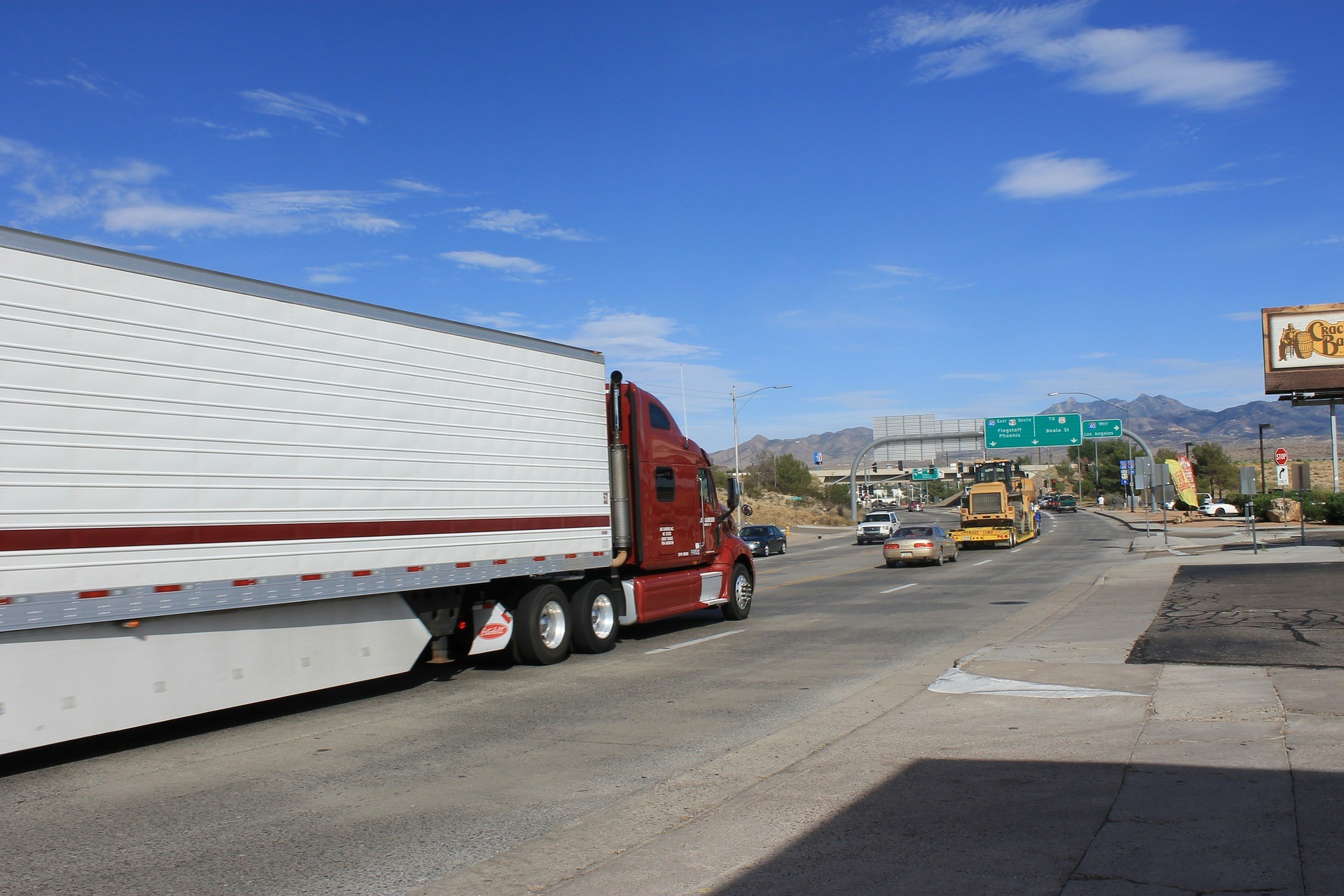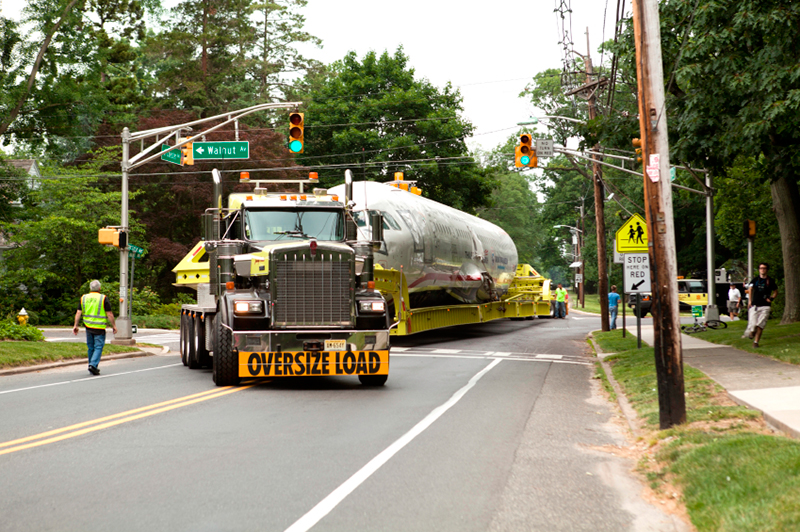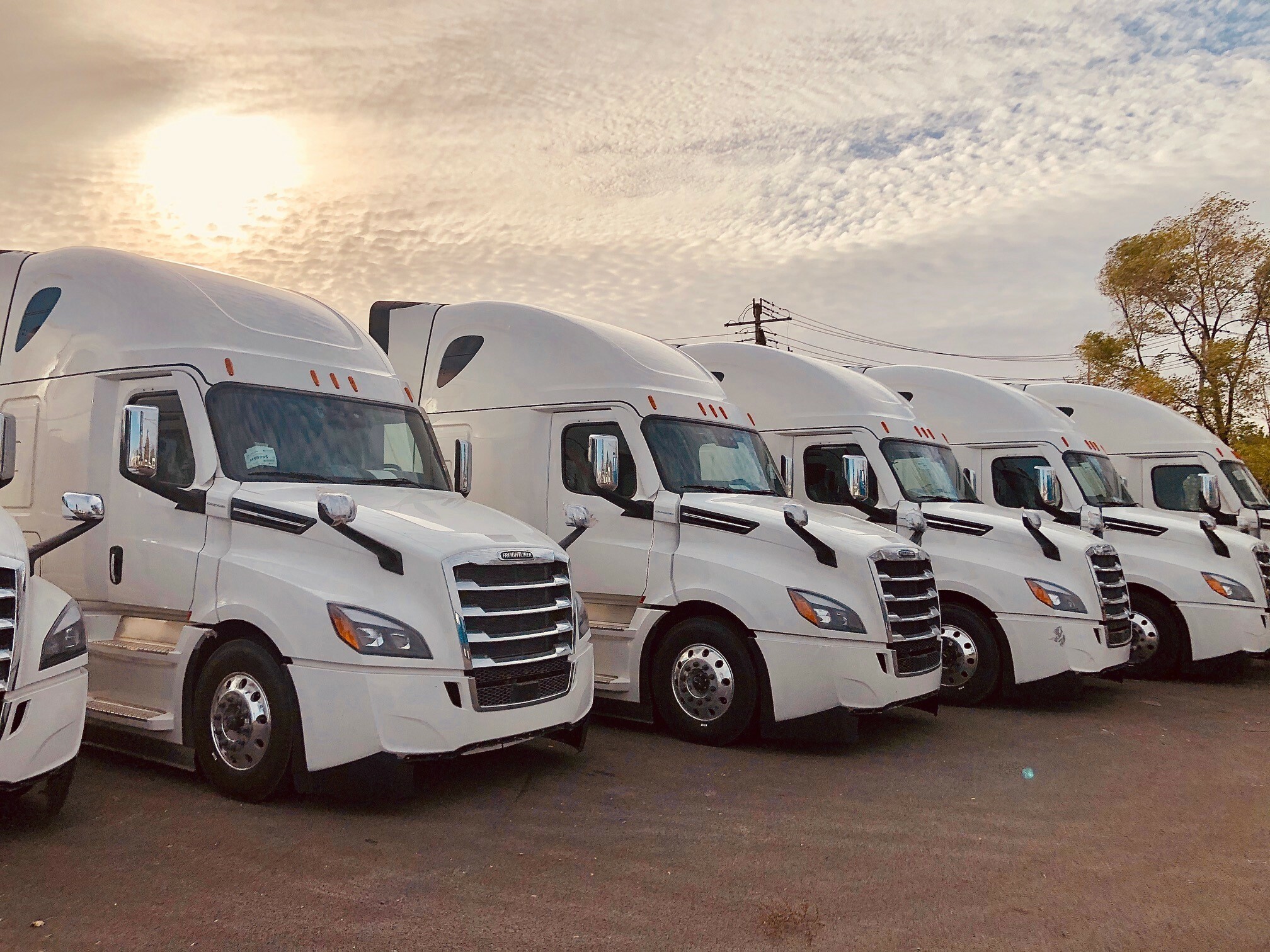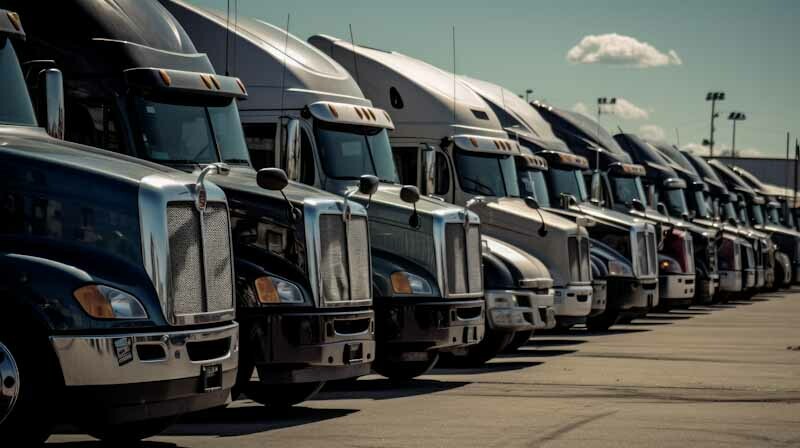Interstate or intrastate commerce
Feb 21, 2020 in Trucking Industry, Insurance 101If you are involved in transportation business or trucking commerce, you probably already know what is the difference between interstate commerce and intrastate commerce. Basically, they are two different ways of transporting people or cargo.
Interstate commerce

When it comes to interstate commerce or interstate trucking, it is a term that generally means moving cargo or people across state lines by the means of a commercial truck. However, interstate commerce includes more than one definition which help to understand the nature of it. Specifically:
- Interstate commerce involves transporting cargo or people between a place inside of a state and a place outside of a state. This also includes outside of the country;
- Transporting cargo or people between two different places inside of the same state while going through another state or outside the country is also considered interstate commerce;
- Another example of interstate commerce is transporting people or cargo between two places in the same state as part of traffic, trade or transportation that terminates or originates outside of the US or the state;
Intrastate commerce

Intrastate commerce is kind of the opposite to the interstate commerce – with it, the commercial truck driver doesn’t leave the boundaries of the state form which the transportation of people or cargo begins and ends. In most cases, this is the state where the transportations or trucking company bases operations. Also it is the same state where the commercial truck driver has a permanent residence, typically.
Operating authority
Both the interstate commerce and the intrastate commerce require operating authority – a legal permission from the Federal Motor Carrier Safety Administration (FMCSA). Depending on the legal permission your trucking business needs, the Federal Motor Carrier Safety Administration can issue FF, MC or MX operating authority. If you want to transport cargo or people across state boundaries, the FMCSA will require that you apply for Interstate Operating Authority.
Insurance requirements for interstate commerce
The differences between interstate commerce and intrastate commerce doesn’t end with their definitions. There are also different trucking insurance requirements by the FMCSA. For instance, if you are for-hire freight carrier involved in interstate commerce, FMCSA requires you to carry liability insurance for at least $750,000. If you are transporting oil or hazardous waste, the sum increases to $1 million and can get as high as $5 million depending on the hazard levels of the cargo you are transporting. The same is also applied if you transport people across state lines - $1.5 million in liability insurance if your bus can transport up to 15 people, $5 million if you are able to transport more than 15 people.
Insurance requirements for intrastate commerce
Since intrastate commerce involves transporting cargo or people inside the same state without crossing state lines or national borders, the insurance requirements depend on the laws of the state of operation. Usually, the factors that are the same in all states include weight of the truck, type of cargo transported etc. The least insurance that you are required to have is liability insurance.
As you can see, interstate commerce and intrastate commerce don’t sound so different from one another, but the different requirements can make them difficult to understand. If you want to have all the needed trucking insurance for your commerce business, you can always contact our insurance agents at Bobtail.Insure to receive the information you need.
Commercial truck insurance still remains a complex thing to most people. But we at Bobtail.Insure can easily help you get the best deal. Just contact us or start saving money right now, by getting your FREE QUOTE.



